Reports
-
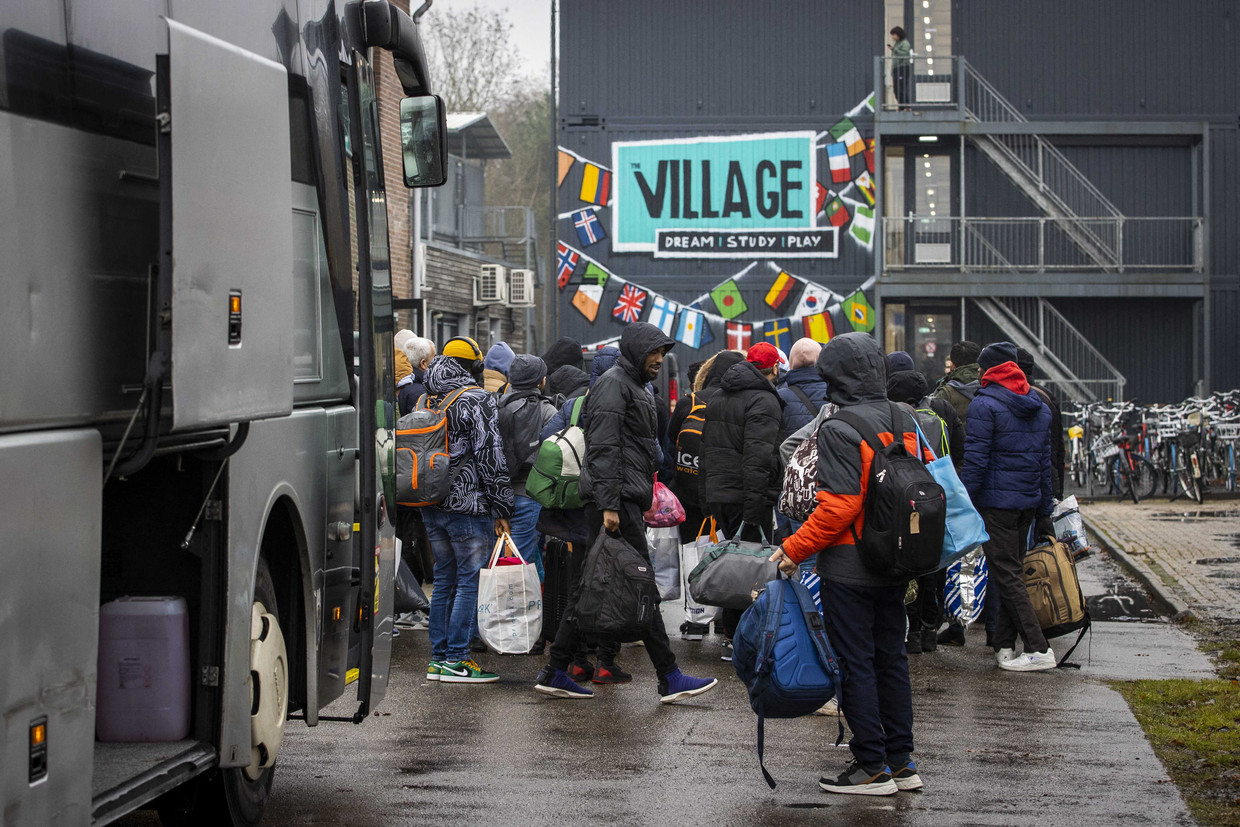
Where is the refugee camp? Everyone knows there are refugee camps in the world that are not good places. No one says much more about refugee camps. Those who live there try to deny it. Then, when they leave the camp, they prefer not to look back and not talk about those plague years. If you ask them where they live, they dodge the question. No one wants to know about refugee camps.
-
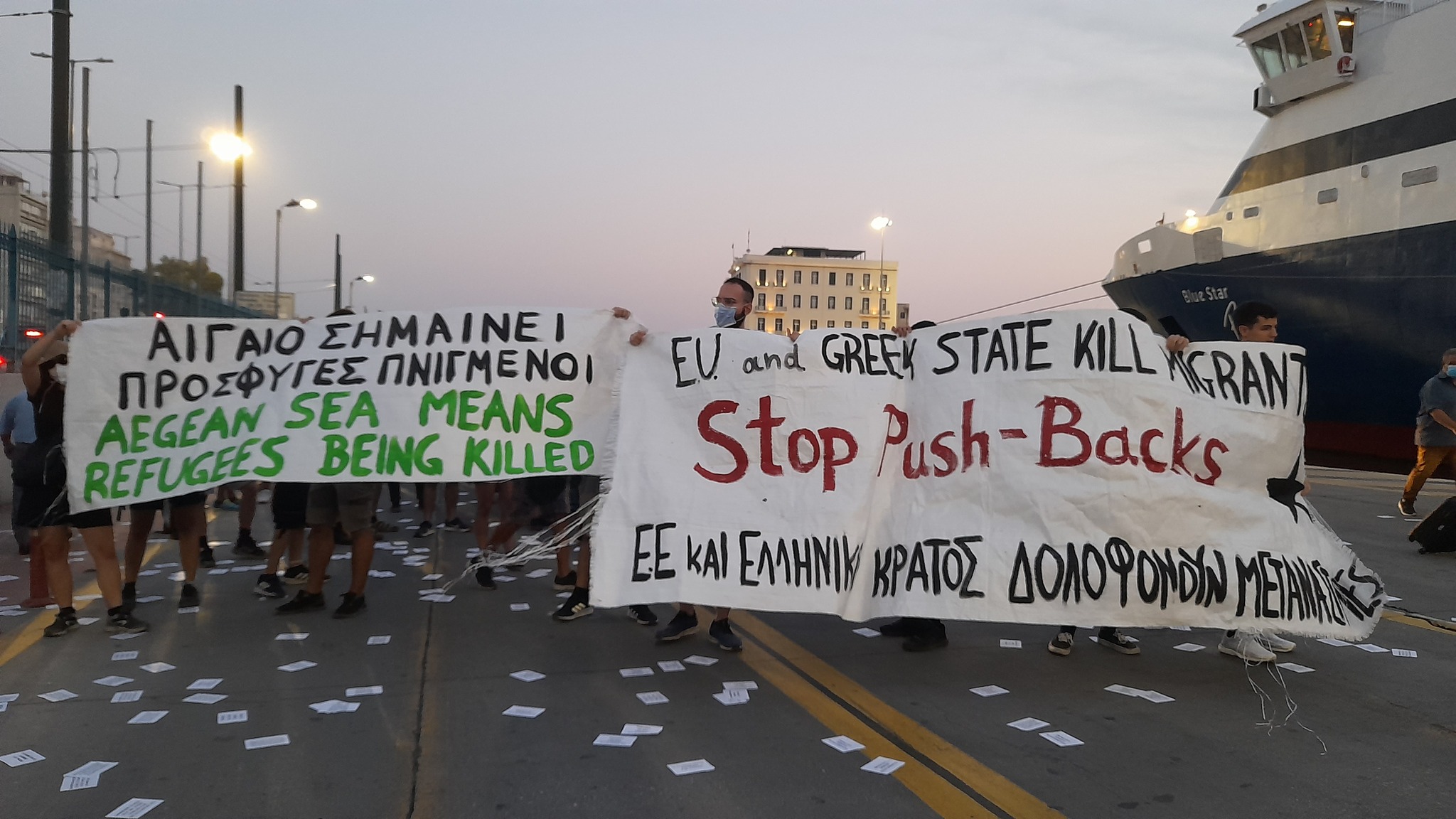
In Greece, a “pushback” strategy targeting refugees has led to a systematic environment of violence and arbitrary detentions. One victim, Mehmet Çelik, who sought refuge in Europe after facing legal issues in Turkey, was sentenced to 155 years in prison despite the prosecutor recommending acquittal. He and several other refugees endured a harrowing journey across borders only to face potential deportation and accusations of smuggling by Greek authorities. Critics point to these cases as evidence of Greece’s politically charged approach rather than a focus on human rights.
-
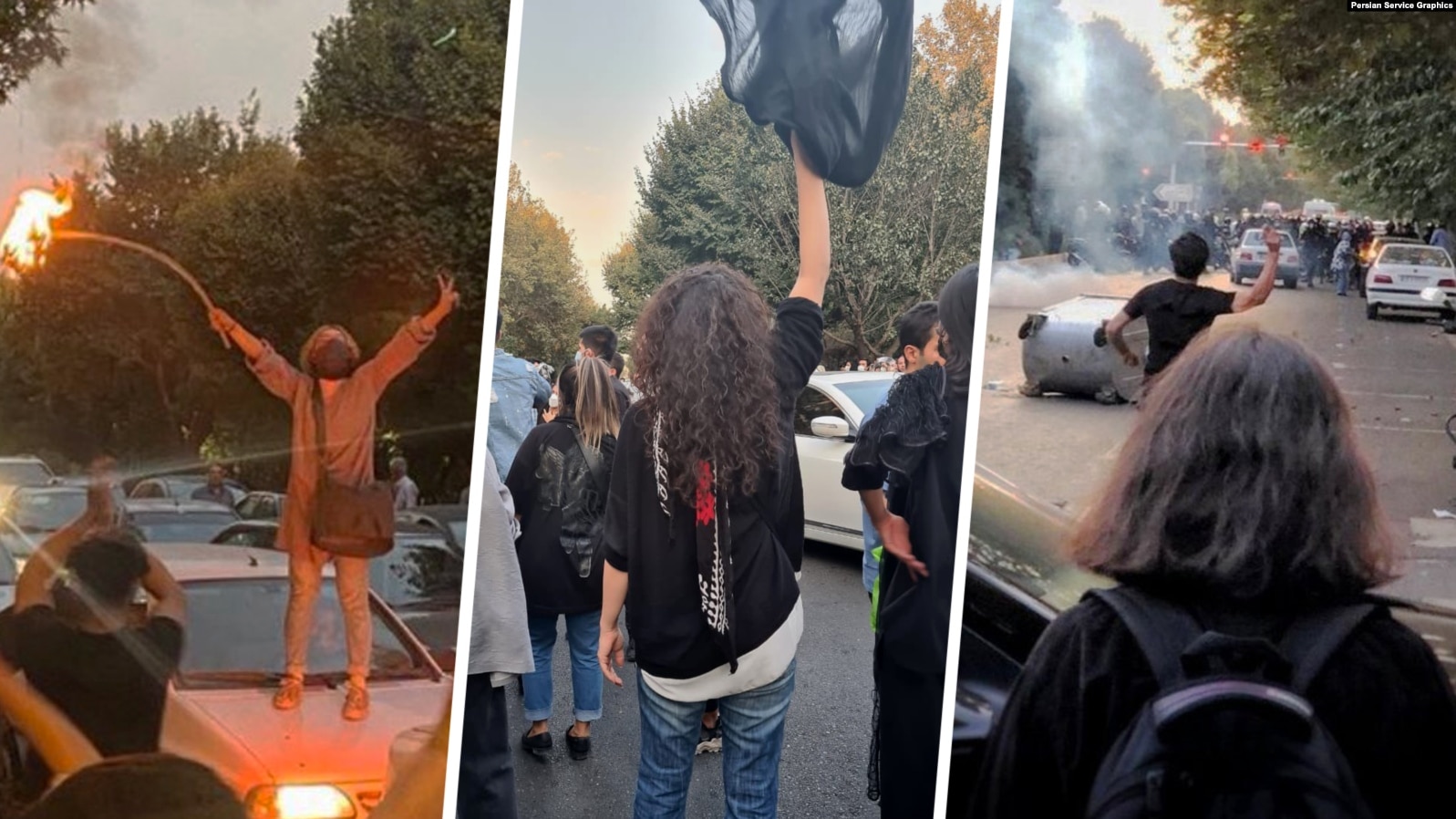
On the occasion of the anniversary of the inception of the “Women, Life, Freedom” movement, the Islamic regime deployed a substantial military presence in an attempt to instill fear among the populace. The citizens, however, keenly assess the distribution of power but have shed their apprehension. They no longer live in fear, but they are acutely aware that a formidable and challenging struggle lies ahead.
-
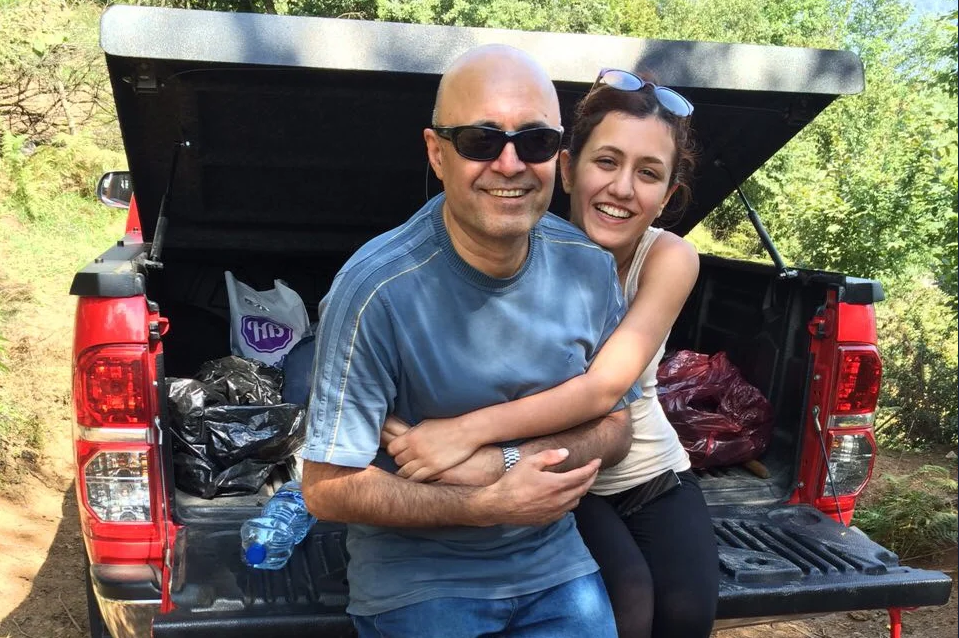
In September 2022, Homayoun Sabetara, a native of Iran, was handed an 18-year prison sentence for “aiding unauthorized entry into the EU from third countries.” Having driven a car from Turkey to Greece with six others seeking refuge, he was apprehended by the police in Thessaloniki. For the past two years, the almost 60-year-old has remained behind bars, while his daughter, Mahtab Sabetara, has been tirelessly advocating for his release, along with other refugees detained in Greece under charges of “people smuggling.”
-
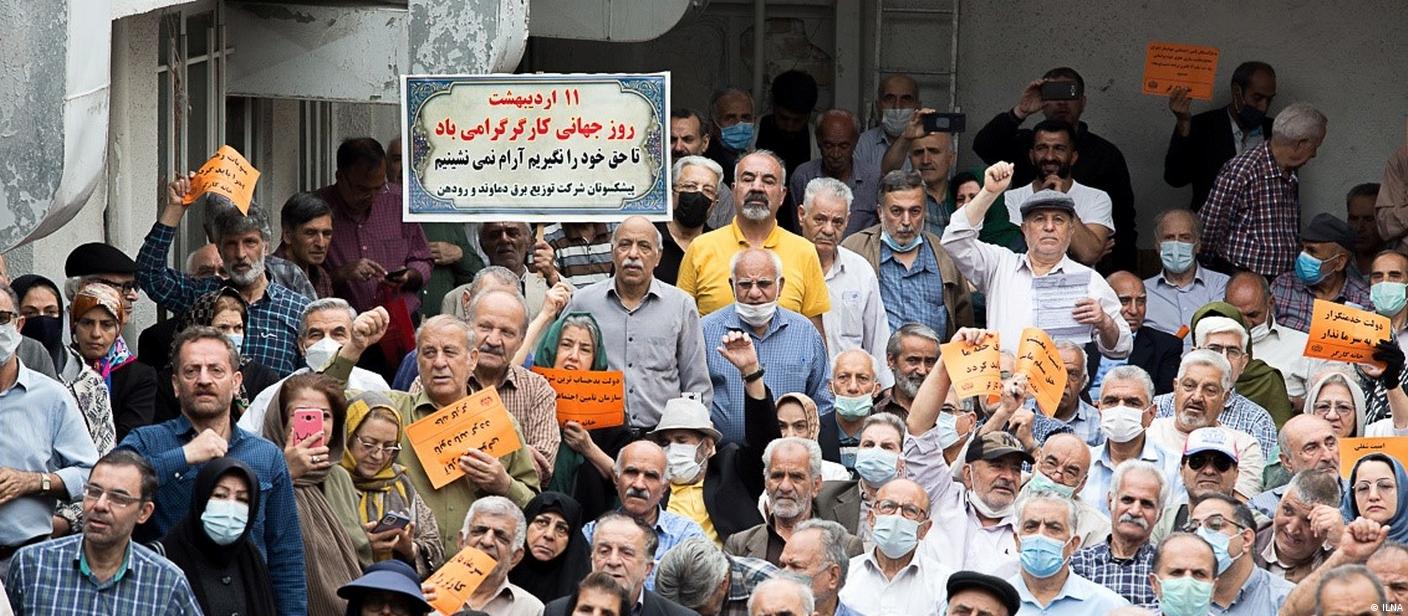
Alarming reports have emerged, revealing troubling provisions within Article 15 of the bill, whereby employers are granted the authority to remunerate newly employed individuals with wages amounting to a mere fifty percent of the minimum wage sanctioned by the Supreme Labor Council during the initial three years of employment.
-
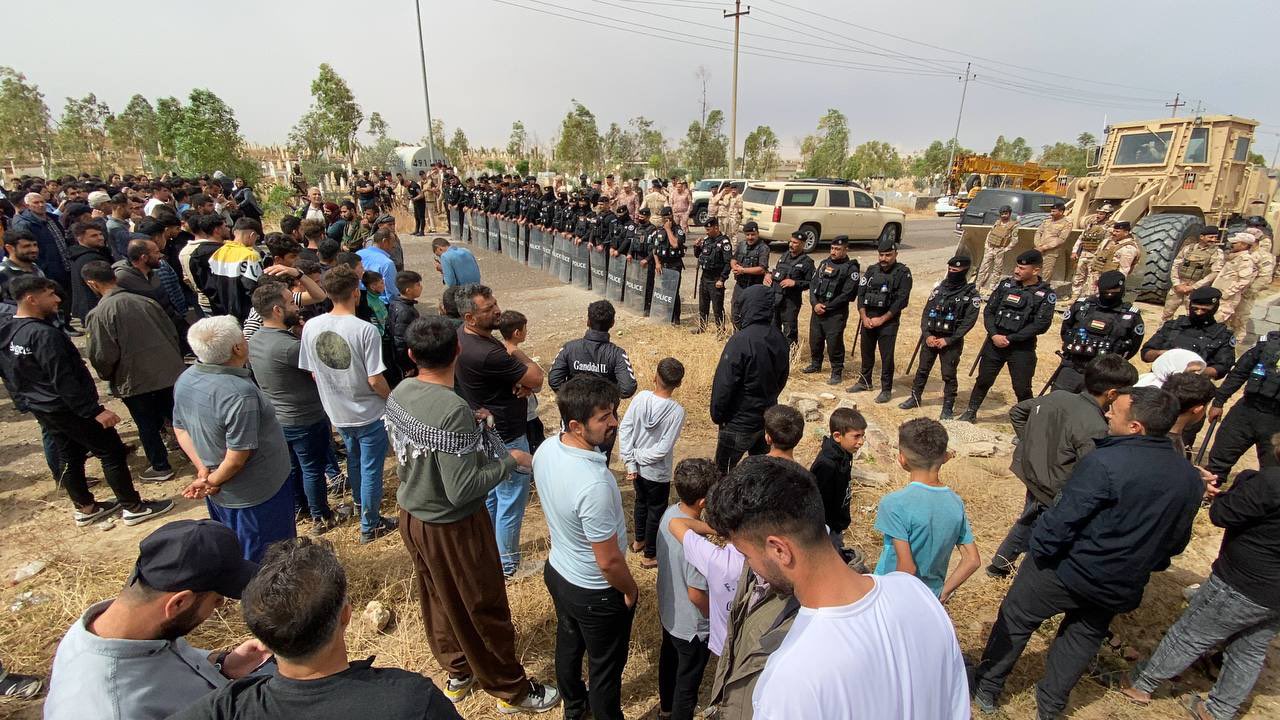
In distressing news, the Makhmour Camp, which has been frequently targeted by Turkish airstrikes, is now facing a siege by the Iraqi army. On May 20th, special army units accompanied by armored vehicles attempted to encircle the camp with wire fences and establish towers in strategic locations. However, the residents of the camp strongly opposed these measures, leading to clashes with the army. One person was injured as a result of the army’s attacks, further fueling the determination of the camp residents, who are now in their first week of resistance.
-
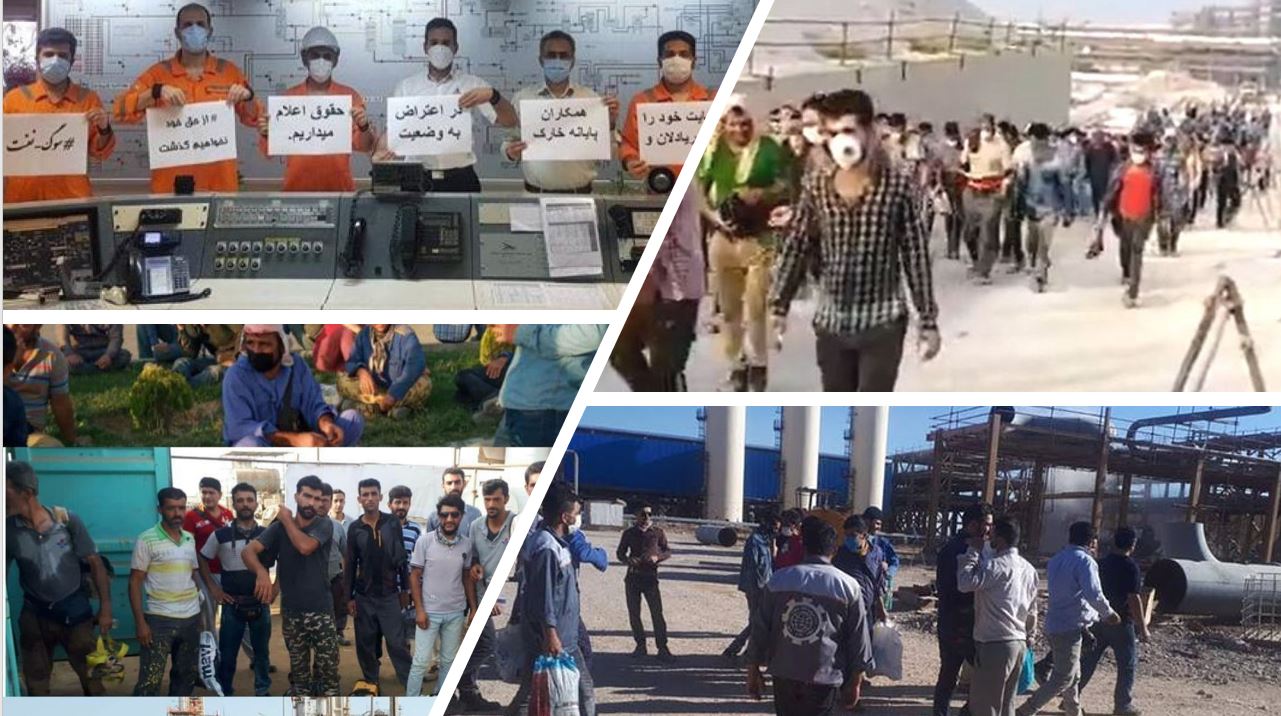
Project workers in the oil, gas, and petrochemical industry face a unique set of challenges when it comes to organizing and mobilizing for better working conditions. These temporary contract workers, often lack the stability and support of permanent employees, making them vulnerable to financial and political pressure. Workers experience different forms of organization that are often innovative and may even have the chance to be tried once. However, project workers have developed innovative ways to withstand these challenges.
-
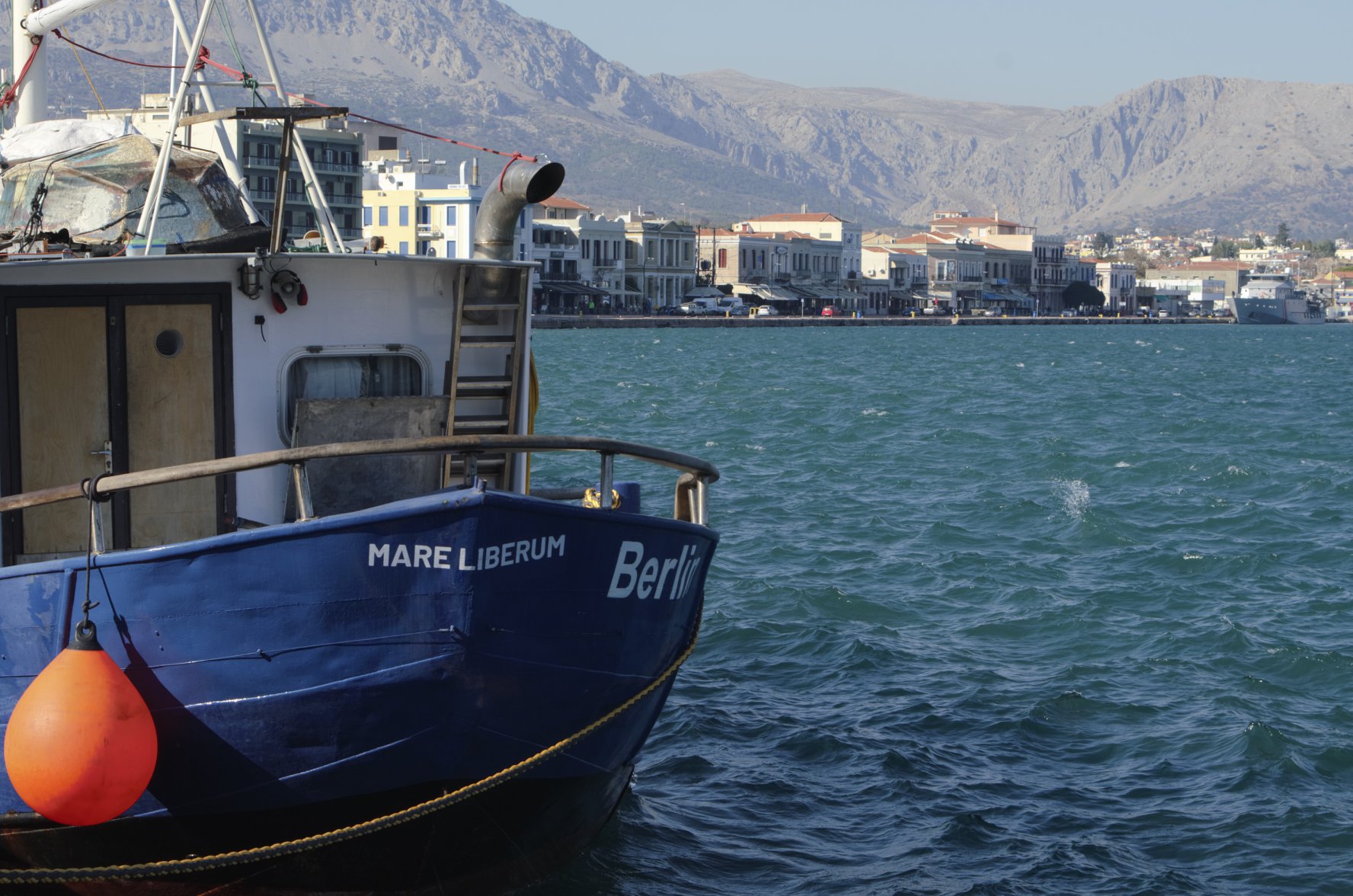
In a somber announcement, the human rights monitoring group Mare Liberum has announced its withdrawal from Lesvos island, the end of its operations, and the dissolution of the association. The decision came after five years of operation in the Aegean, during which the group faced multiple forms of sabotage, obstruction, and repression.
-
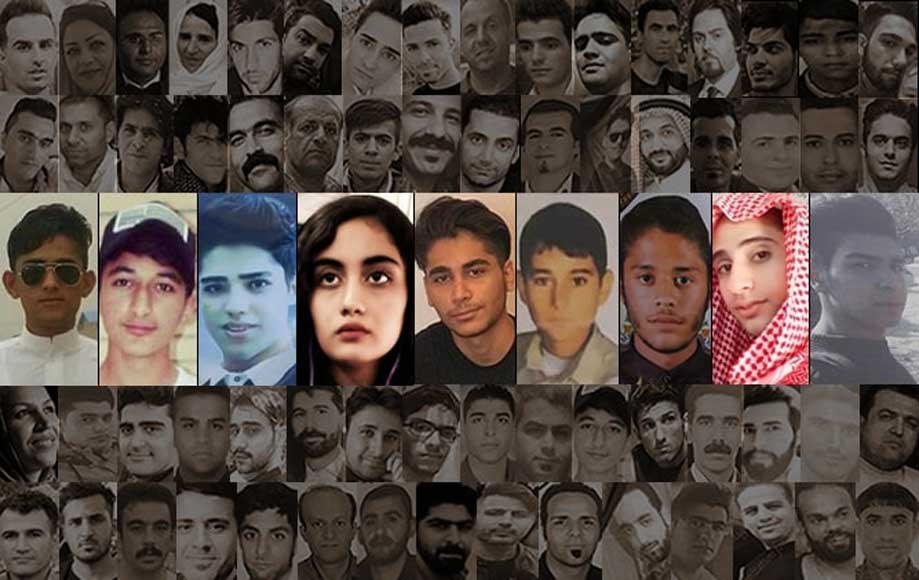
The Campaign to Free Political Prisoners in Iran (CFPPI) has released a damning report on the alarming increase in cases of abduction, torture, and killing of children by the Islamic Revolutionary Guard Corps (IRGC) in Iran. The report highlights the worsening situation since September 2022, following the death of Mahsa (Jina) Amini while in government custody.
-
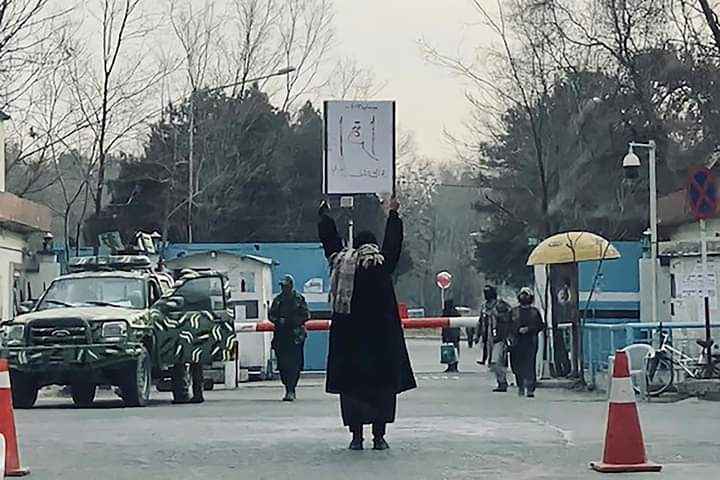
Iranian parliament members suggest that if the Taliban continues to restrict women’s education, Iran’s universities can assist them. However, they also suggest that the availability of education should be balanced with existing resources and conditions, and private universities could be a viable option for women’s education. In Iran, the government has been promoting the privatization of education for years. While Taliban deny education to women in Afghanistan, the Islamic Republic of Iran may permit them to receive study visas and attend private schools and colleges, as long as they can afford it.
-
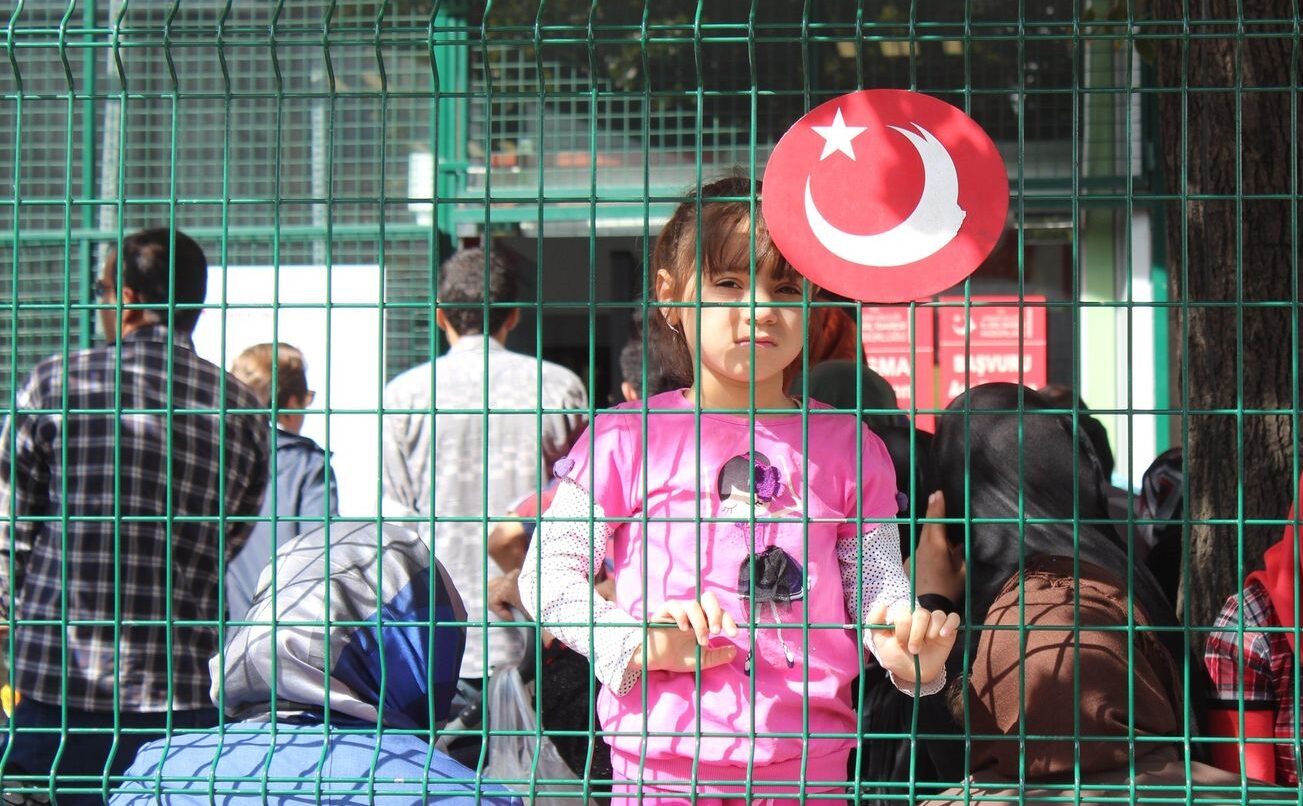
As the upcoming presidential election draws near, political parties are making a variety of promises on how to handle the refugee crisis. Unfortunately, one of the topics dominating election news is the potential deportation of refugees back to their home countries in order to stem the flow of movement across borders.
-
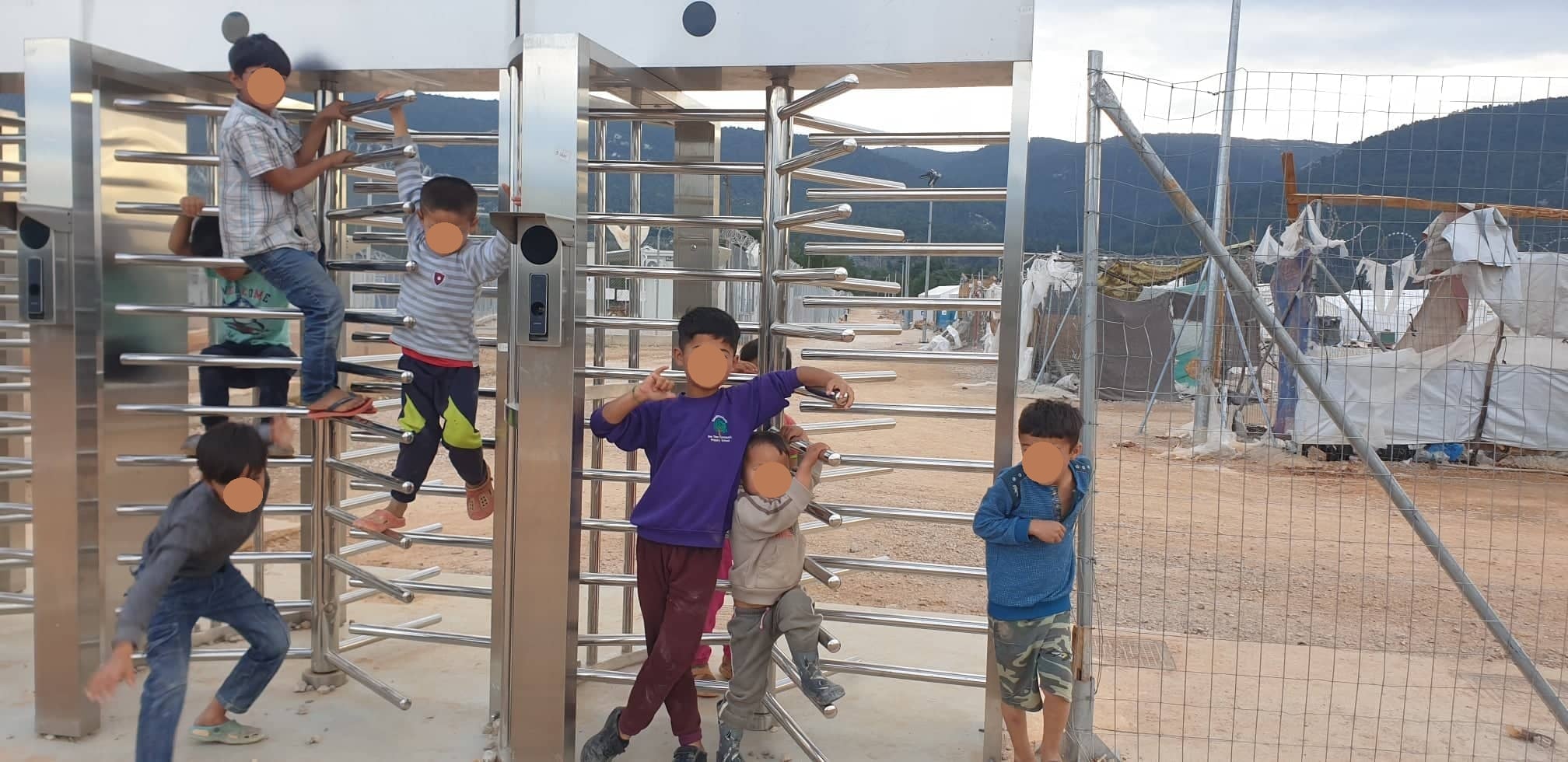
The brutal reality of refugee camps in Greece has been exposed by the EODY workers’ union, who have issued a damning statement about the conditions faced by asylum seekers. According to the union, the government is turning Reception and Identification Centers into real prisons, complete with double NATO-style military fencing, card and fingerprint entry gates, and surveillance systems. Asylum seekers are being forced to live in these structures, with their freedom severely restricted, even though they have committed no crime.